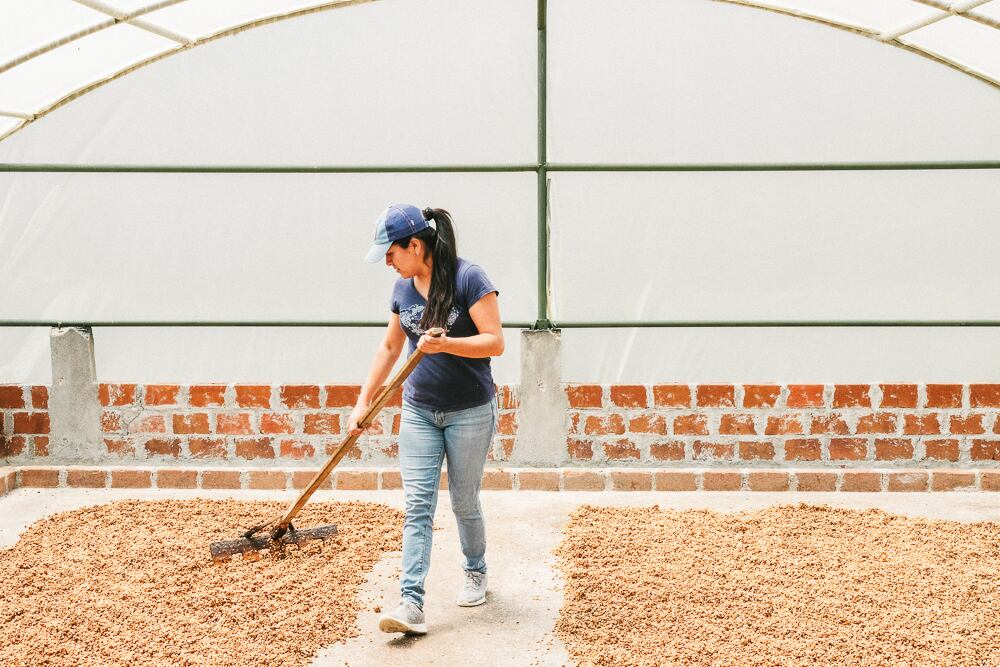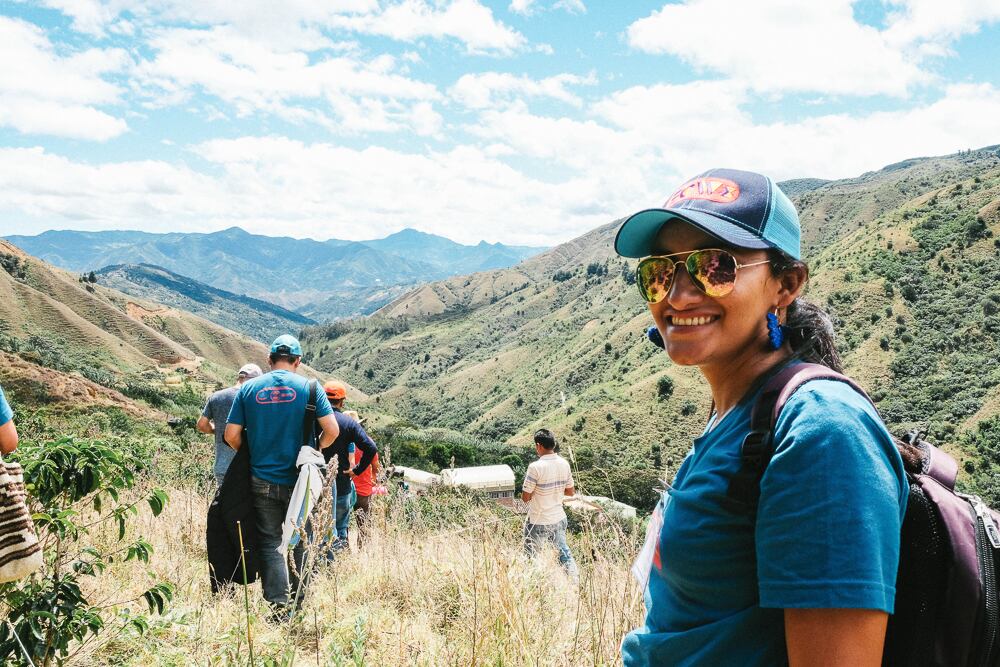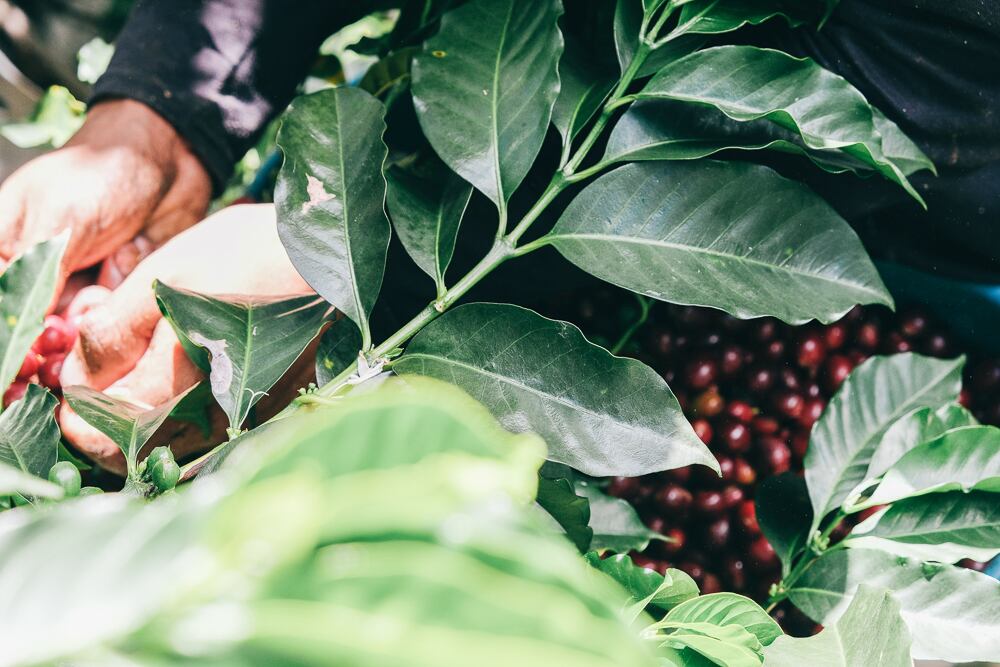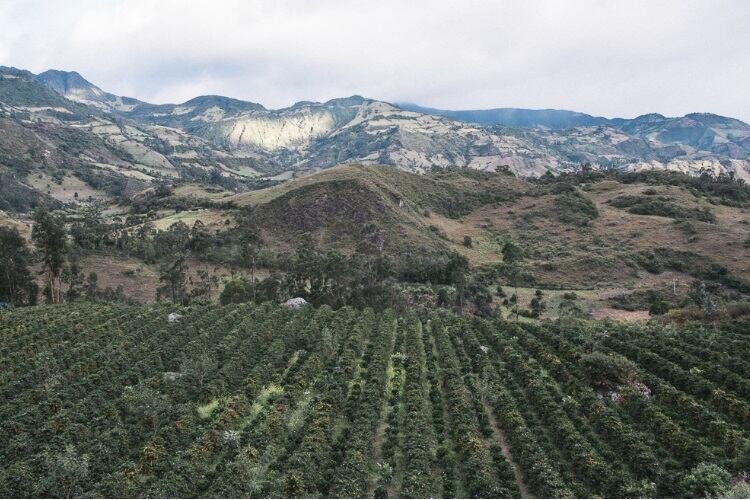Intelligentsia originated in Chicago in 1995 and has since expanded to 12 US retail locations. It is reportedly the first to adopt ‘direct trade’ practices in the coffee industry, meaning it sources the coffee beans directly from small scale family farmers around the world and brews it in-store.
The brand has spent 15 years “cultivating relationships with growers who share [its] exact standards in quality.”
“We accompany our coffees every step of the way, from the nurseries where the seeds are planted to the coffeebars where they are brewed with precision,” Intelligentsia said.

Extraordinary Coffee Workshops
Intelligentsia recently partnered with Root Capital, a non-profit social investment fund that works in rural parts of Africa, Latin America and Asia.
For the last 10 years, Intelligentsia has held an annual Extraordinary Coffee Workshop (ECW), a week-long internal gathering that convenes more than 50 of its direct trade partners for a forum where “the best ideas and innovations surrounding coffee quality can be exchanged.”
This year, Intelligentsia and Root Capital put on the first ever ECWx conference, branching off from the ECW format. It was a four-day workshop in Colombia that taught local growers skills to help boost coffee quality. It included farm visits, farmer exchanges and demonstrations of applied technology in the field, in the mill and in the lab.
Sensory exercises, presentations and group work rounded out the skills training, but the workshop also “introduced strategies for integrated management of quality on the farm and value-added practices in coffee agronomy, processing, quality contract, enterprise management, and marketing.”
Generating social impact
According to Michael Sheridan, director of sourcing and shared values at Intelligentsia, most of the world’s coffee is grown by small-scale family farmers on just a couple of acres. Intelligentsia’s direct trade sourcing model works with thousands of smallholder coffee farmers around the world, and has been reportedly adopted by many other specialty coffee roasters.

Intelligentsia works to maintain its relationship with its growers by coordinating visits and the conferences so they can all stay connected. The brand pays high, fixed prices to the growers that never fluctuate with the market and lays out clear guidelines for a certain level of quality expected at those prices.
Sheridan says it takes out a lot of the economic risk that other big-name coffee brands have to deal with when working in channels outside of direct trade. He also notes that the futures market is bad for growers because prices tend to be low and volatile.
Right now Intelligentsia is looking to expand its small holders sourcing operations to maintain their steady economic sustainability, and is also working to coordinate new innovation for inclusion and social impact.
“The most reliable way to generate social impact is by including the two most vulnerable participants in the coffee supply chain. Those are coffee farmworkers and smallholder growers,” he said.
“We saw in ECWx an opportunity to do something beyond our supply chain, to create value for vulnerable small scale family farmers beginning in Colombia.”
Sustainable in all respects
Following the success of the first ECWx event, Intelligentsia is hoping to continue growing the format, expanding it and adapting it to different parts of the world for a more diverse experience. Ultimately they aim to sustainably promote specialty coffee and create opportunities for small scale family farmers.

Sheridan believes that the most critical or acute challenges to sustainability in the coffee trade are economic, which is why he emphasizes and encourages the relationship with Intelligentsia’s growers to receive high-quality coffee and maintain profits. However, most US consumers immediately think of the environment when referencing sustainability.
Intelligentsia has also kept the environment in mind and recently joined the national plastics movement by eliminating non-recyclable and non-compostable straws from stores. They are selling aluminum and steel straws and working on new packaging solutions from a redesign perspective.
To Intelligentsia, it’s important that they are unique to some of the bigger companies that may have entirely separate departments for sustainability. Sheridan oversees both sourcing and the shared value portfolio, keeping the work intimate and focusing on the relationships with growers.
He described a “magical thing” to witness when coffee growers from different places come together as in their ECW conferences. A certain dynamic will emerge among people who have spent most of their lives working in the coffee field. Even with strangers, they go on autopilot, knowing exactly what to do and look for, “brought together and bound together by their common experiences in coffee.”


